Lesson 9: Table Manners
Goal: I can discuss good and bad table manners.
INTRODUCE
Table manners are different in every culture. It’s helpful to explain Korean table manners to your foreign friends who visit Korea.

PRESENT
STEP A VOCABULARY
I. Listen and repeat.
 slurp |  burp |
 talk with your mouth full | 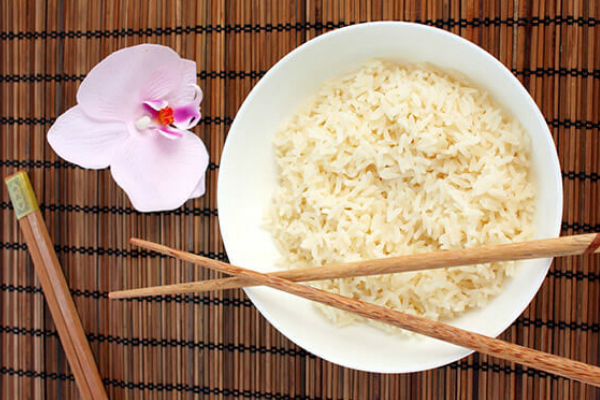 cross your chopsticks |
 put your elbows on the table | 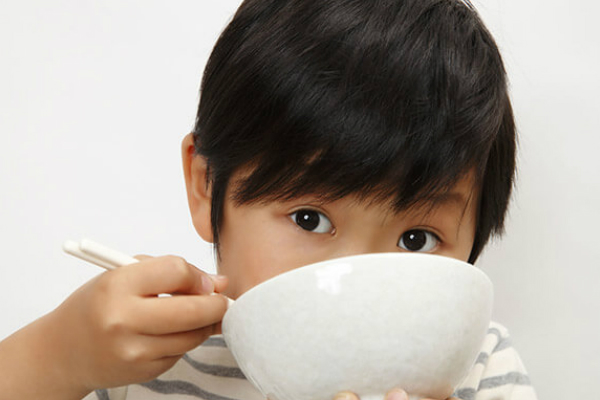 pick up your bowl 찻잔을 들어 올리다 |
II. Which of the things above do you think are good manners? Which ones are bad manners?

good manners

bad manners
III. Practice reading the words.
 /cr/ |  /cl/ |
|---|---|
cross | close |
crab | club |
crop | clop |
STEP B GRAMMAR TIP
When two verbs are next to each other in a sentence, they usually follow one of two patterns:
- (verb) + (gerund)
- (verb) + (to-infinitive)
However, some verbs can use both patterns.
UNDERSTAND
SPEAKING
Ai and Jake are having their anniversary dinner. Ai prepared a very special meal.
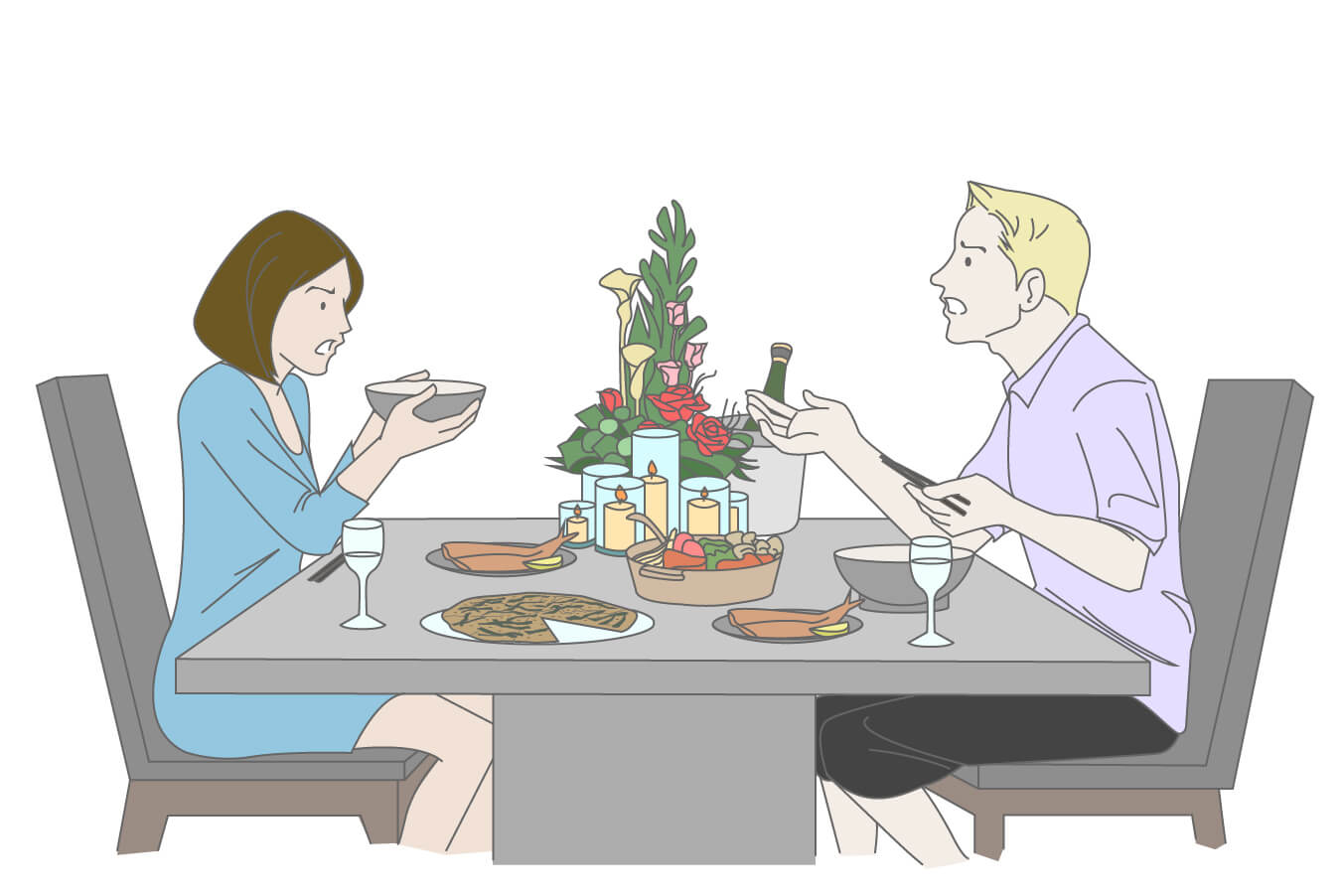 |
- Jake:
Ai…
- Ai:
Yes, honey?
- Jake:
Could you please stop slurping your noodles? It’s so rude.
- Ai:
Slurping your noodles is rude in Canada, Jake. We are in Japan, it's okay to slurp noodles here you know.
- Jake:
Yes, but I’m Canadian.
- Ai:
Well, you love talking with your mouth full, but that’s rude in Canada too. You also like to put your elbows on the table. And do you remember burping during lunch yesterday? That was–
- Jake:
Okay, okay, I’m sorry! Let’s just enjoy the nice dinner that you made. I may not like watching you eat, but I love eating your cooking.
TRIVIA
Although it is considered bad manners in most countries, burping is actually polite in some countries like Bahrain and China. It shows that you enjoyed your meal and are full.

PRACTICE
STEP A EXERCISE
Complete the sentences using the pictures and words in the parentheses. More than one answer may be possible.
| 1. I _____ years ago. |
| 2. I _____ on my plate. |
| 3. I _____ with a fork and knife. |
| 4. I almost forgot, but then I _____ for my boss at our party last night. |
STEP B EXERCISE
Complete the dialogue using the words in parentheses. More than one answer may be possible.
- Tutor:
These noodles taste amazing!
- Student:
I noticed that you like (to eat noodles with a fork).
- Tutor:
Yeah… Is that bad?
- Student:
Well, it’s not bad, but since you’ll be staying here for a while, you should start (use chopsticks).
- Tutor:
Okay. I’ll do my best.
- Student:
Remember (not cross your chopsticks). It’s considered rude.
- Tutor:
Oh, whoops. Sorry! By the way, do you also use chopsticks to eat curry? I think that’s really hard.
- Student:
Well, people usually prefer (use a spoon) for curry.
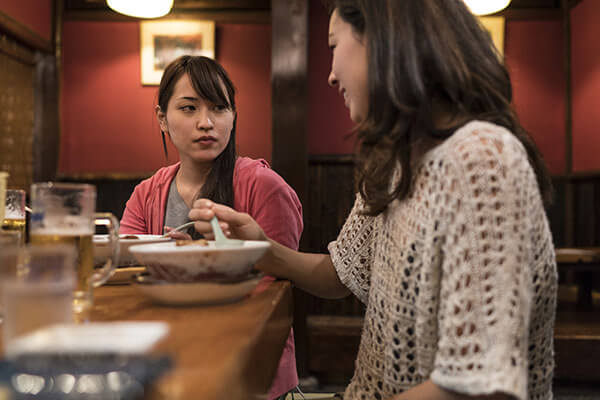
CHALLENGE
Challenge 1
You volunteered to be a tour guide for a small group of foreign tourists. It’s their first time in Japan.
Take them to lunch and answer their questions about Japanese table manners.
Today's grammar tip
- (verb) + (gerund)
- (verb) + (to-infinitive)
 |
Challenge 2
Discuss your ideas.
 If Time
If TimeAllows
FEEDBACK
I can discuss good and bad table manners.
LESSON GOAL ACHIEVEMENT
4
Very GoodCould complete the task with ease
3
GoodCould complete the task with some clarifications
2
FairCould complete the task with additional instructions
1
PoorCould somehow complete the task with difficulty
PERSONALIZED FEEDBACK
- RANGE
- ACCURACY
- FLUENCY
 (stop / put my elbows on the table)
(stop / put my elbows on the table)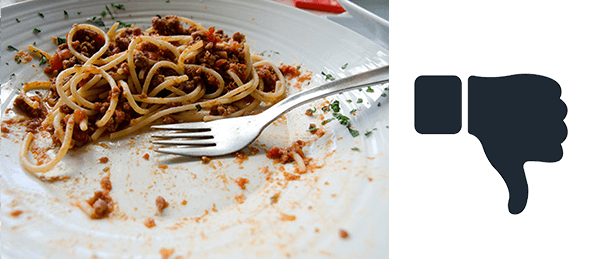 (hate / leave food)
(hate / leave food)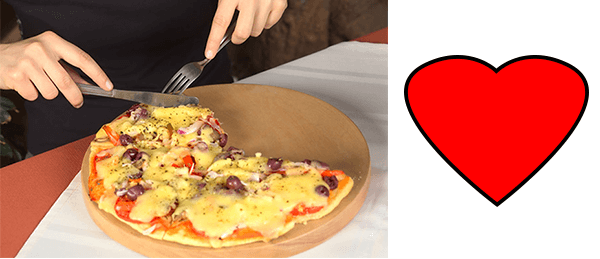 (love / eat pizza)
(love / eat pizza)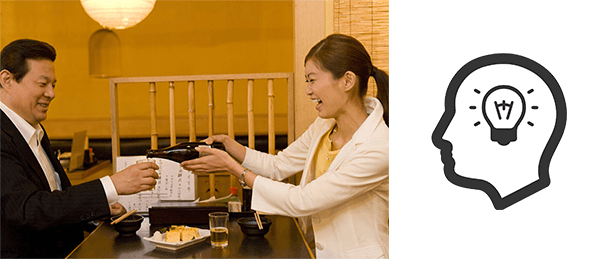 (remember / pour a drink)
(remember / pour a drink)
No comments:
Post a Comment